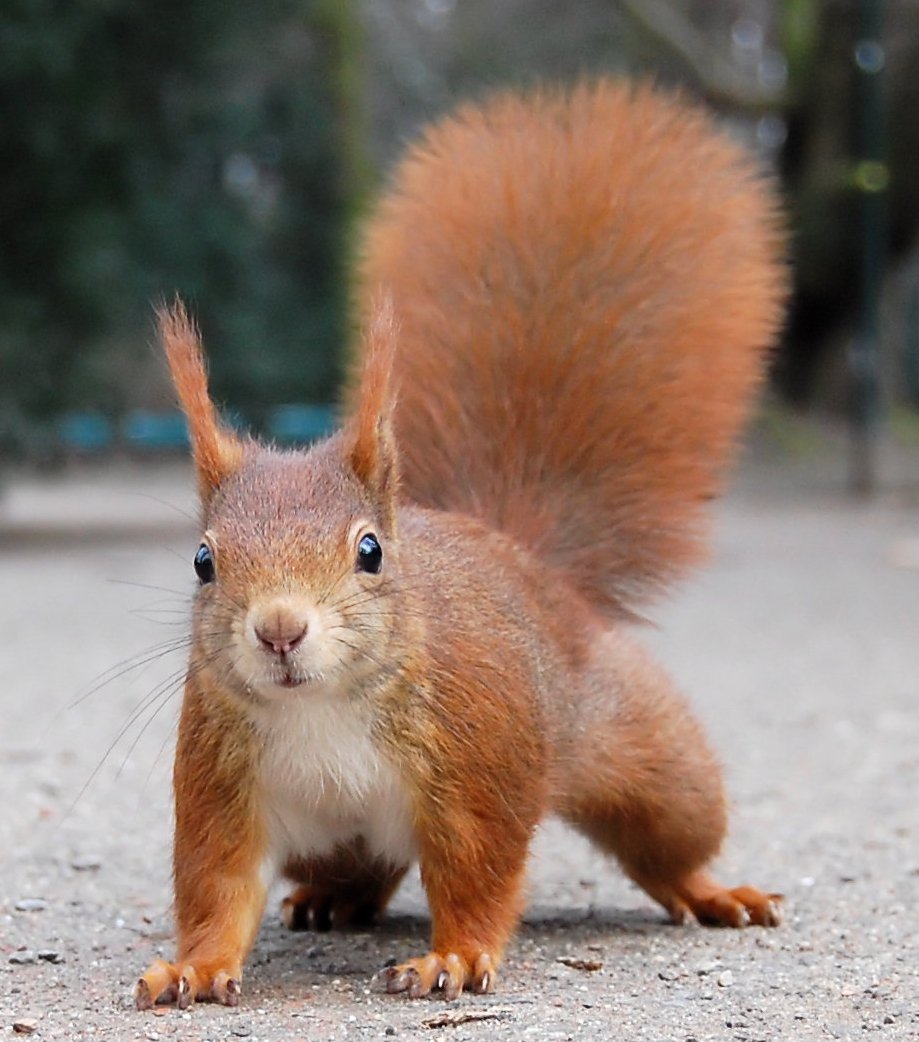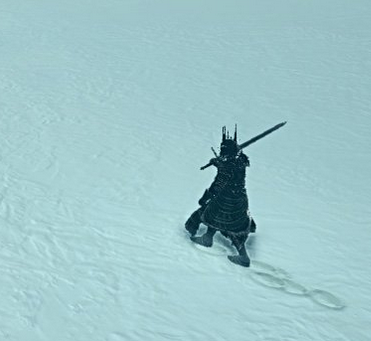- cross-posted to:
- [email protected]
- [email protected]
- technology
- technology
- cross-posted to:
- [email protected]
- [email protected]
- technology
- technology
Article by IEEE Spectrum: The writers tested the two AI image generators MidJourney and Stable Diffusion, testing their abilities to generate imagery that closely resembled copyrighted material, which proves that the training data of the image generators had to contain copyrighted material. Implemented safeguards were largely unsuccessful to curb the output of potentially infringing images.
Everytime this comes up I have to ask: so?
Artists can, and have, done the same thing by hand with countless other tools before.
The capability to or not to infringe copyrights with (tool) isn’t what has defined if people can get away with doing it.
Plagiarism laws are largely reactionary law. You have to prove the person ripped off your IP and profited off it.
People have been trying to make money off other people’s IP covertly for all eternity, midjourney isn’t very special.
Because it’s a difference in scale: Sure, there are a handful of artists out there who can emulate a style/create a picture to the point where it is indistinguishable from somebody else’s copyrighted work. But the AI companies offer the tools for everyone to do that and they monetize this work of theirs (as in selling access to AI tools), while telling everybody else that rights holders should not be able to monetize their work. It’s a blatantly obvious double standard.
Can you explain the double standard a bit more? I don’t understand it. Are you saying that the double standard is that AI companies sell a product that can be used to infringe copyright, yet they say that people infringing it using this sold product cannot monetize it?
What I mean is this: AI companies are arguing that people should not be able to earn money from the works they created (for example through selling licenses to their copyrighted works), insofar as paying for their training data is concerned. While - at the same time - they are charging money for the creation of works with AI.
To put it differently: “Artists should not earn money from creation of artworks. We should earn money from creation of artworks.”
Photoshop enables countless people the ability to replicate brush stroke styles, pick colors, and replicate the effects and logos and etc of other companies.
Before photoshol existed th8s was much more challenging. You’d have to be the same brushes, paints, canvas/paper, and replicate their style by eye.
Photoshop lowered the barrier of entry much the same way these ai tools have. What used to take enormous effort now takes way less.
A tool coming into existence that lowers the barrier of entry to producing art also will logically lower the barrier of entry to infringe on artists copyrighted work
You can’t have one without the other.
Making it easier to create art inherently means making it easier to steal art. The two go hand in hand, always have, always will.
The act of the person using (tool) to break the law isn’t the tool creators fault unless it was clearly and explicitly made for the express intent. It’s the person’s fault for using the tool that way.
Should we start suing ballpoint pen companies when someone uses the pen clip to fashion a very usable lockpick and break into people’s homes?
Or do you sue the actual person who broke into the home?
When artists copy someone else’s style or use an IP (I imagine Patreon fanfic art of trendy characters) both the original studio and the copying artist get paid for their labor.
With AI only the AI company gets paid in subscriptions for the service of operating a server that has the AI algorithm running on it.
My basic take is that I want artists paid for their work and the AI company, which has insane funding and legal responsibility, is stealing.
If Disney sends an individual artist a cease and desist - that artist almost certainly complies. If Disney sent the AI company a cease and desist - its a legal battle designed to cement, not dismantle, copyright infringement rules - for the enrichment of those who already have structural power in the job market for art creation.
If Disney sent the AI company a cease and desist -
Not the person they would send it to.
That’s like sending photoshop a cease and desist because someone used it to make a mickey mouse clone.
They would still send the cease and desist to the person publishing the art, not the ai company.
Well the AI company did the original theft. You know why they’d send it to the individual? Because its all about control, not about copyright or ownership or whether the technology is useful. Its just control. They’d never send the AI company a cease and desist because AI is going to help Disney pay artists less and they dont even ever have to use AI to do it, they just have to play along with the tech bros.
IA doesn’t copy/paste images, it creates internal concepts of images/labels & creates a random image & changes it until it’s in-line with it’s internal concepts. It’s not much different then if you asked an artist to draw something in someone’s else’s style, which Disney has done for years.
Also this doesn’t prove that they used copyrighted materials because there are exceptions to copyright & gray areas like fan art.




